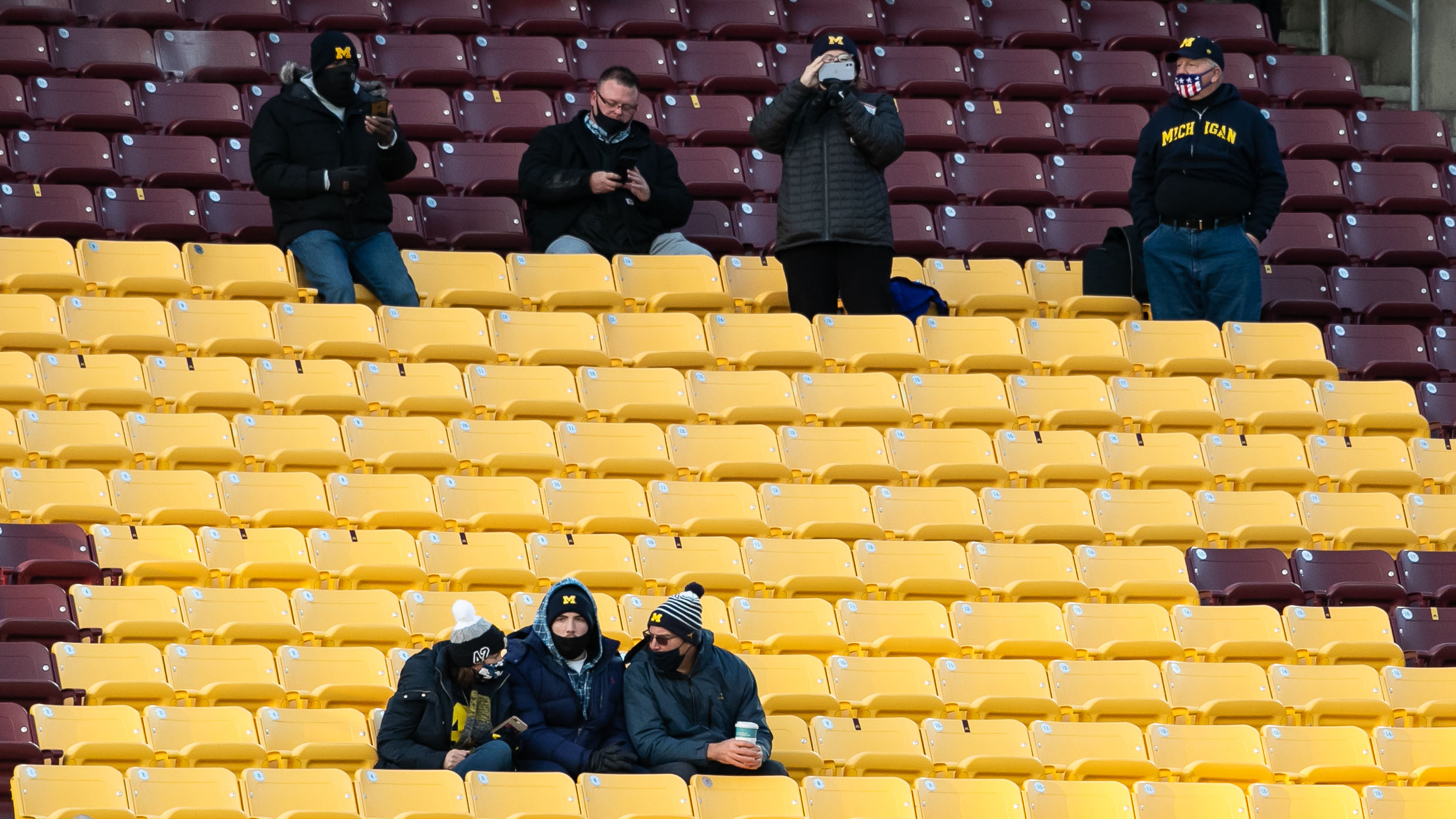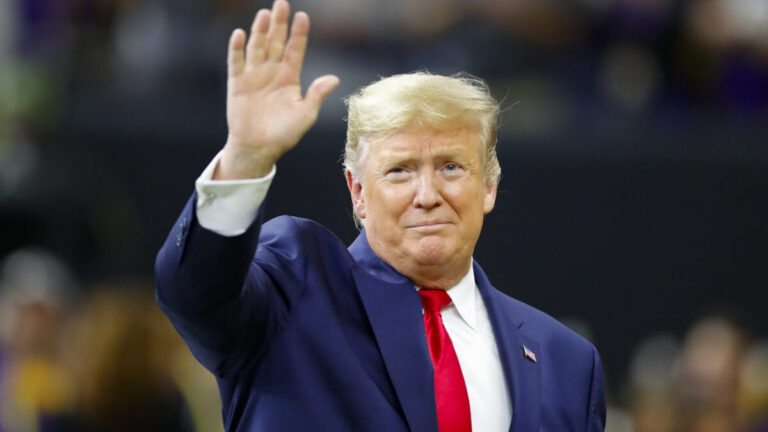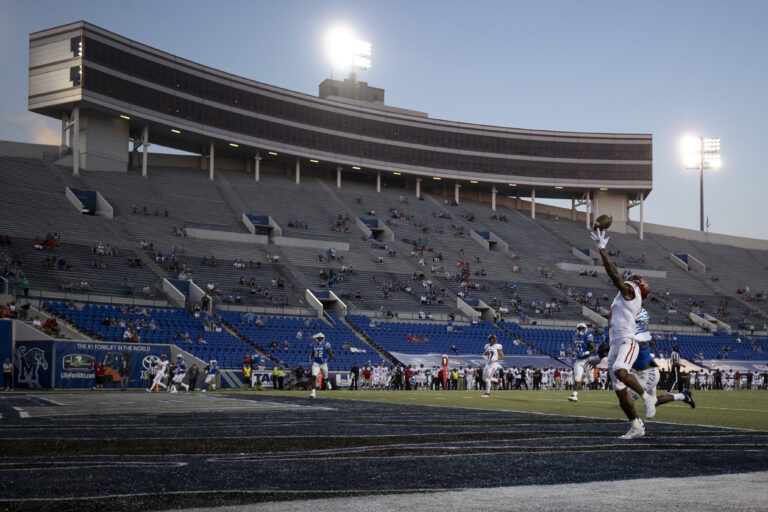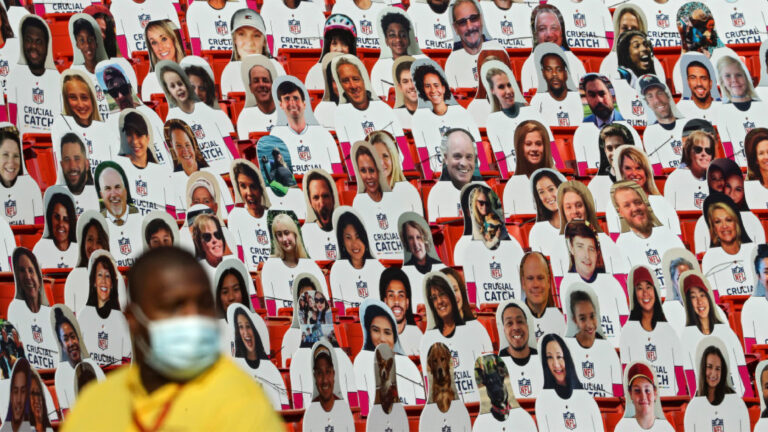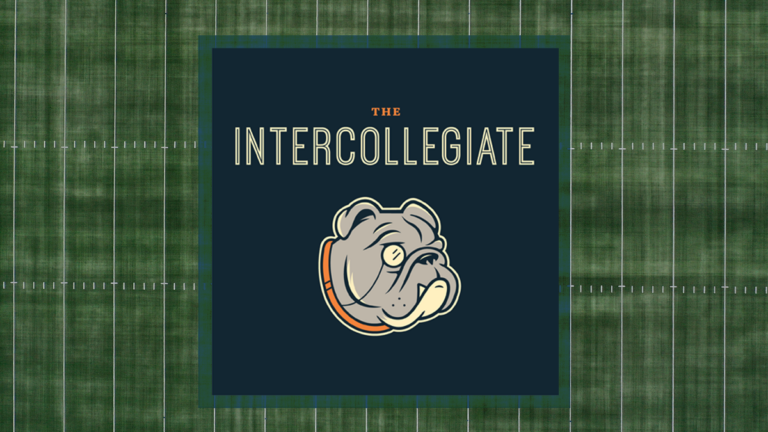TIME Magazine's Sean Gregory on Sports and Storytelling
Why this matters
Sean Gregory joins Global Sport Matters to talk about the public opinion on sport and the role of storytelling in sport and politics.
With the presidential election just around the corner, the United States seems to be holding its breath. After a year like no other, there’s heightened anxiety about what will happen next. And it’s evident in every aspect of life.
Sean Gregory, a senior writer for TIME, has covered the intersection of sport and society for most of his career. He says, “When covering sports, politics is inescapable whether we’re talking about the activism and the shutdowns of sports and leagues that happened at the end of August and early September. They’re more intertwined than ever.”
In his recent article about President Trump taking credit for the return of Big Ten football, he refers to the Global Sport Institute’s national snapshot of public opinion on sport. In a survey of 400 college football fans who are undecided registered voters in battleground states, 53% said that Trump’s comments about saving Big Ten football had no impact on which presidential candidate they will vote for in the upcoming election.
“The results said kind of what our hunch felt - or at least my hunch felt - that voters aren’t buying this,” says Gregory. “Give the voting populus more credit. Yes, they’re happy football is back, I’m sure, but that is not going to sway their vote for president of the United States.” Despite Trump’s attempt to use college football as proof of his administration’s economic capabilities, the Big Ten released a statement that did not claim that the president had a direct role in bringing back the season.
The combination of a pandemic, racial reckoning, election, and misinformation have understandably stressed out the general public as well as fans, athletes, and journalists. Gregory states, “I think these last four years for sports fans and sports journalists have been a constant state of flux and maybe even stress.”
In this time, he has worked hard to contribute to discussions particularly about race, sports, and politics by elevating the stories of those who are being directly affected. He has reached out to athlete activists like John Carlos and Maya Moore for input and commentary. In an article about LeBron James’ championship win, Gregory discusses how James has consistently defied “shut up and dribble” sentiment. He says, “LeBron’s basically saying, ‘I won’t stick to sports and I’ll win.’” He also emphasizes the success of Naomi Osaka, the U.S. Open champion whose critics thought her masks, tweets, and visit to Minneapolis were “distractions.”
Gregory also points out that athletes are now utilizing social media to tell their own stories in their own way. With stars like James establishing their own media enterprises, athletes are starting to take control of the narrative. “There’s this constant stew of social media that kind of has fires all over the place,” he says. “I think the reason you’re seeing athletes start their own sports media entities is an attempt to control the message, to say ‘I want my own outlet.’”
Personal platforms proving to be more and more powerful. As athletes continue to promote activism, and as journalists like Gregory continue to amplify their messages, there’s a new responsibility to be honest and to contribute to larger causes. People need to share and elevate each other’s stories in order to foster understanding and awareness. This is how the truth comes out and when it does, that’s when change happens.
Monthly Issue
The Reset of College Sport
Sport at the college level in America is facing issues reflective of the world at large. From the calls for racial equality, labor disputes and discussions, to health and safety concerns with playing in a pandemic - what will this reset moment look like?

